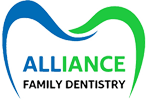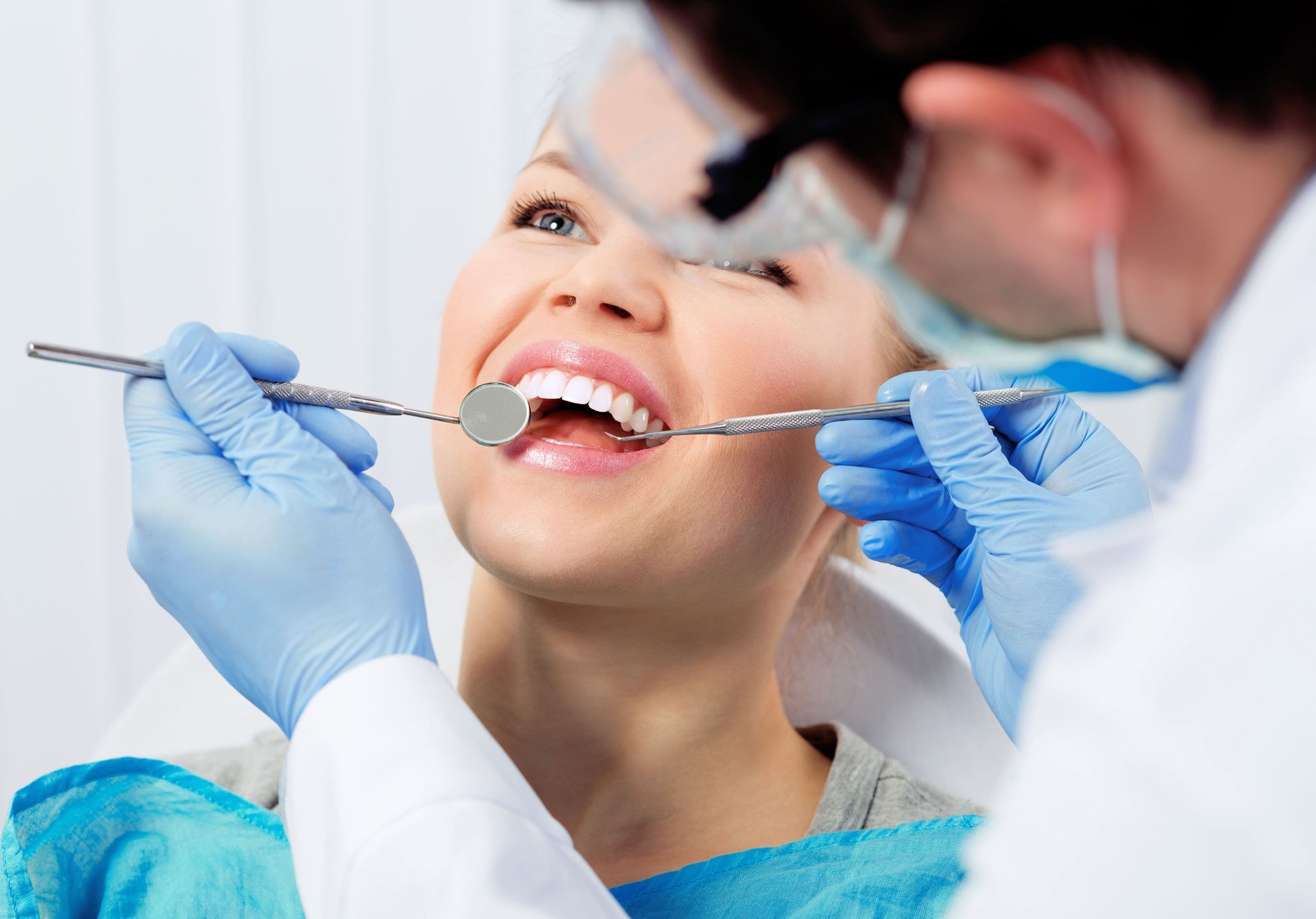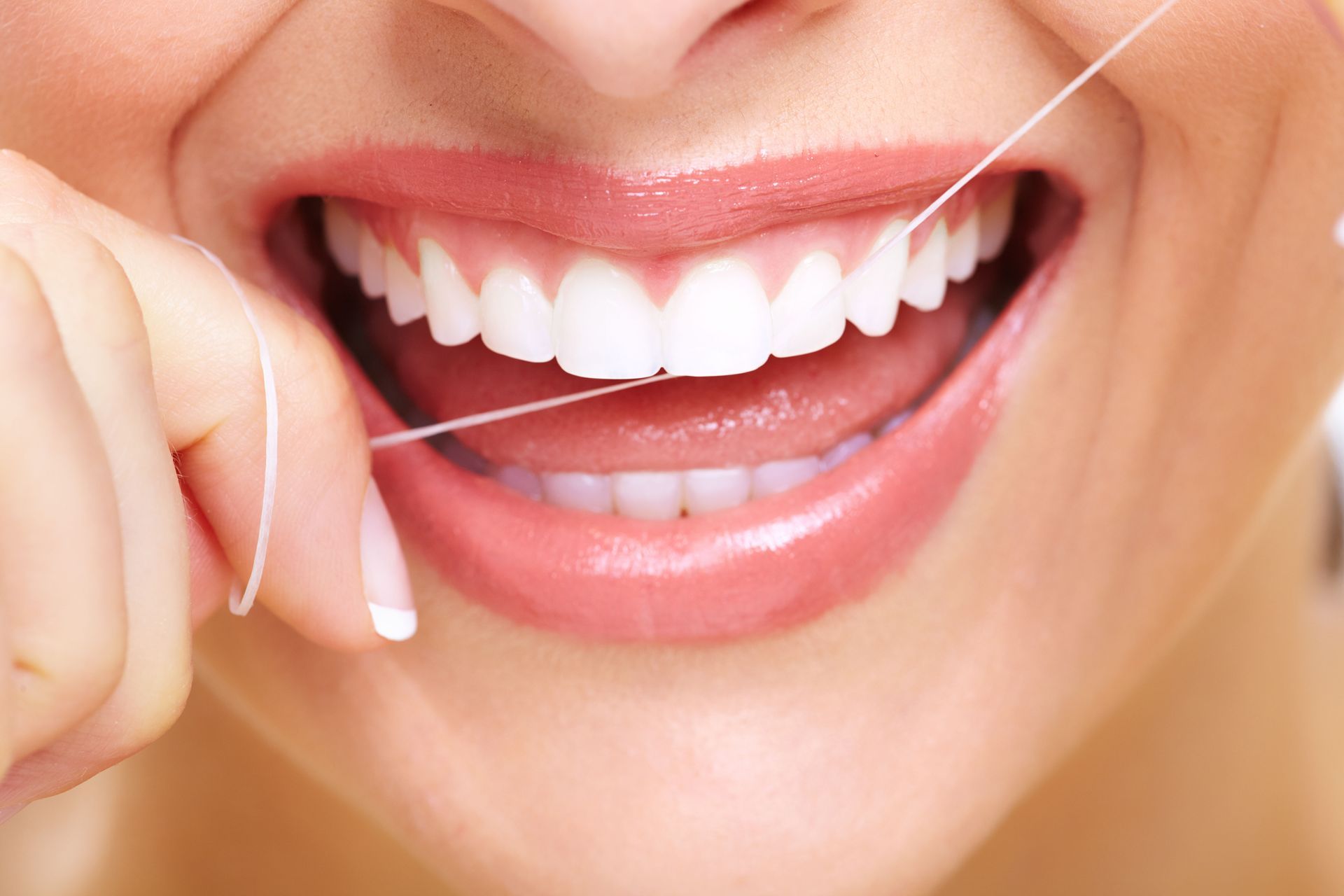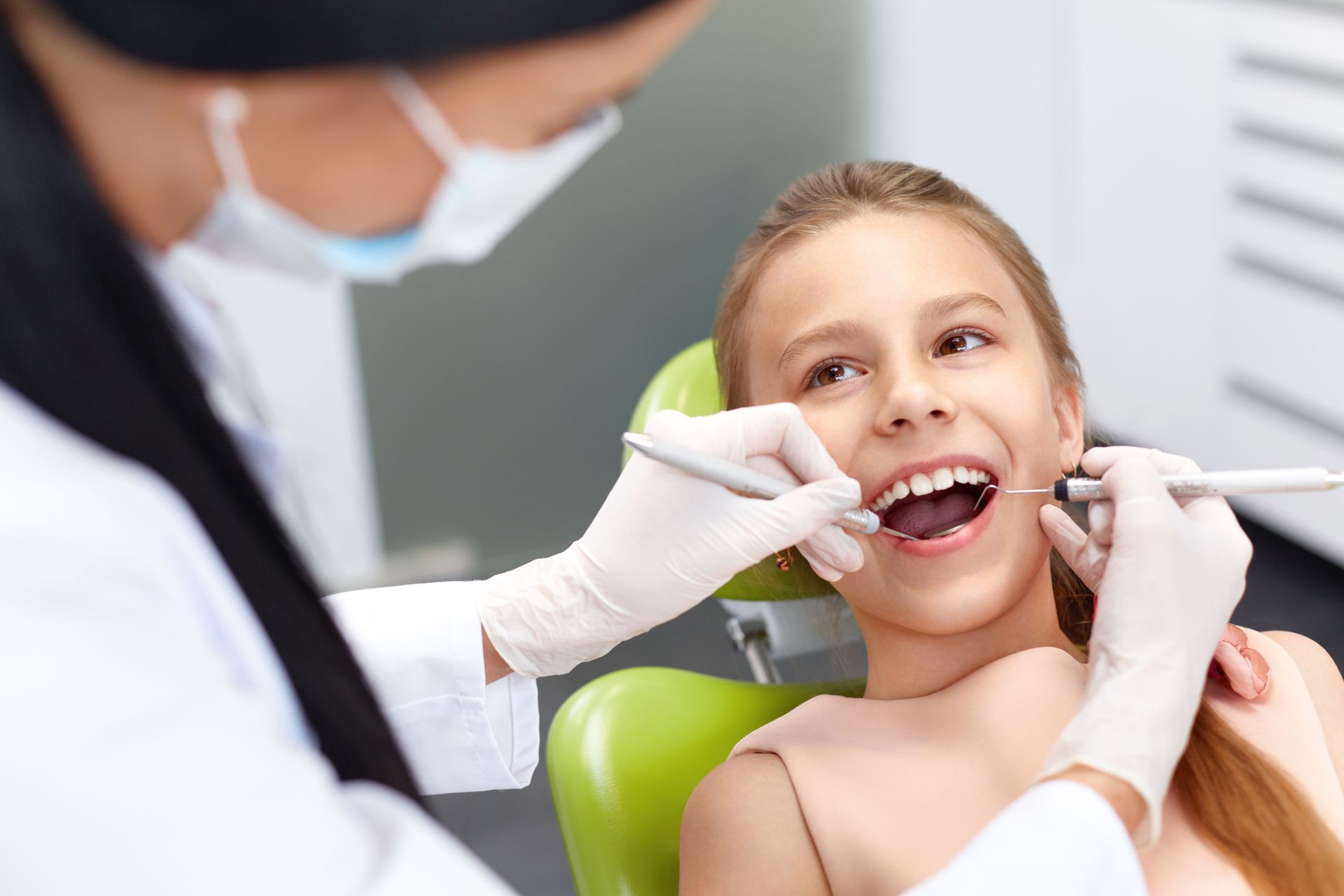3 Warning Signs of Bruxism You Shouldn’t Ignore
Bruxism is the technical term for grinding your teeth. This condition can cause significant damage to your teeth and health. According to the American Dental Association, only 64% of adults visited their dentists in 2019. Regular dental checkups can ensure you catch bruxism early. If you notice any of the following three warning signs of Bruxism, you should consider scheduling an appointment at your local family dental office.
1. Loud Grinding Wakes Your Partner
Many people do not realize the extent to which they grind their teeth while sleeping. If you share a bed with someone, take the time to ask them if they've noticed you grinding your teeth. If your grinding teeth awaken your spouse or partner, you likely are causing a lot of damage to the enamel of your teeth. It's imperative that you reach out to a dental professional immediately if your teeth grinding has reached this point.
2. You've Damaged One or More Teeth
Severe grinding of your teeth could easily result in your damaging one or more of them. A chipped or cracked tooth could become infected and will be prone to tooth decay that affects your oral health. Your local family dental office also might have to replace a damaged crown or filling, so be sure to schedule an appointment with them if you notice any signs of damage.
3. You Experience Jaw or Facial Pain
Continually grinding your teeth requires frequent movement with your jaw. Constantly clenching your jaw and moving your teeth back and forth can put a serious strain on your jaw muscles and connective tissue. You also might hear clicking sounds when you chew on food, which is a sign of potential jaw damage. Call your dental professional if you notice this clicking or have begun to feel an intense stabbing pain in your jaw to prevent the condition from worsening.
If you notice any of these warning signs of bruxism, you should schedule an appointment at your family dental office right away. An emergency visit can help to determine the extent of any problems you may be facing due to bruxism and allow your dental professional to begin working to address the issue. To schedule an appointment, or to learn more about the symptoms associated with bruxism, contact Alliance Family Dentistry today!






Share On: